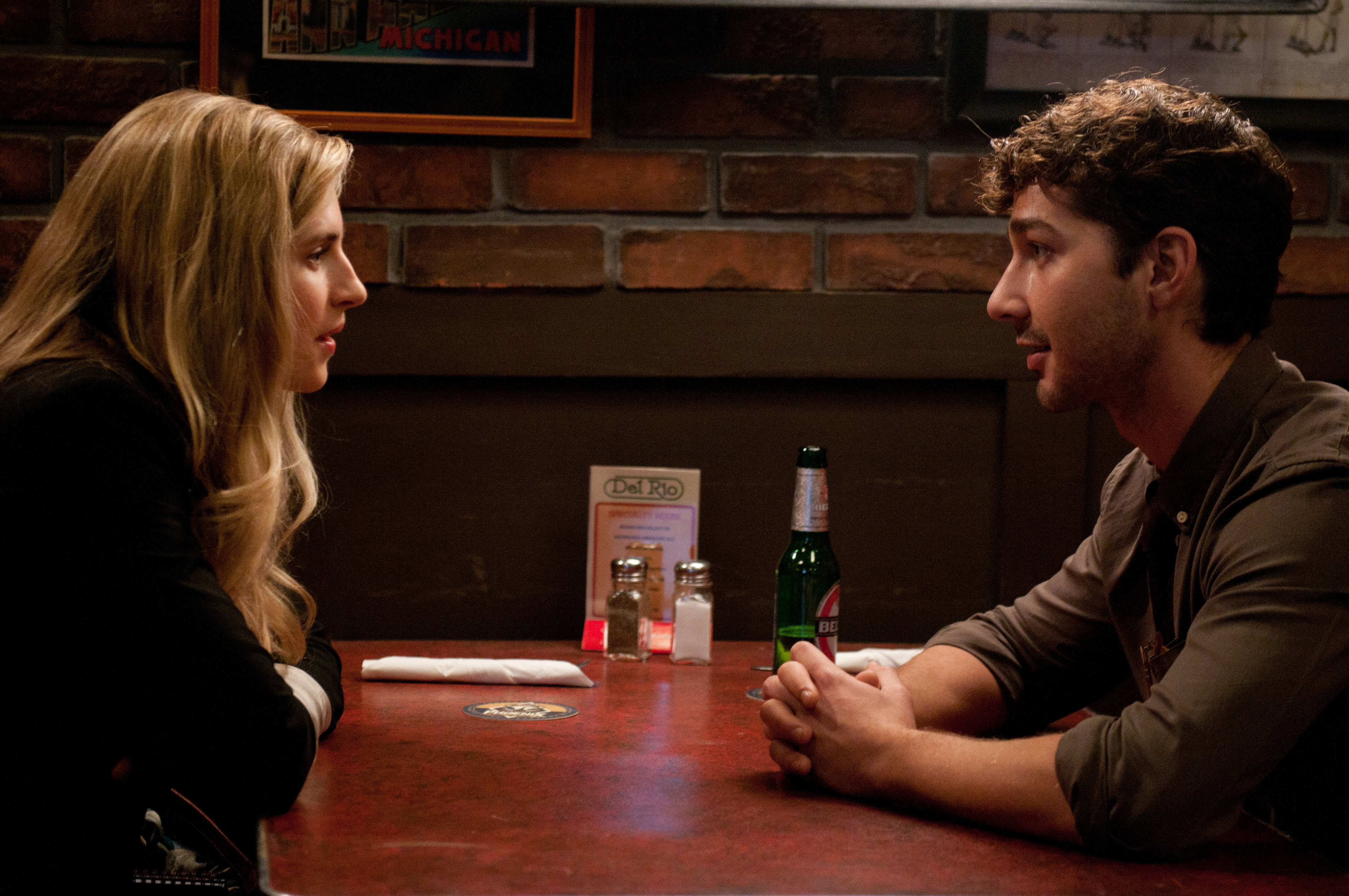The Company You Keep
Opens Fri., April 19 at Egyptian and Sundance Cinemas. Rated R. 125 minutes.
It is middling praise to declare that The Company You Keep improves on Robert Redford’s previous directorial offerings, The Conspirator and Lions for Lambs, politically minded properties that seemed drained of life by their own unimpeachable good intentions.
At least Company trails an air of melancholy, if not outright regret, in the wake of its workmanlike approach. Redford plays a widowed lawyer whose comfy life in Albany is scrambled by revelations about former members of the Weather Underground who’ve been living in hiding for 30 years. He’s one of them.
Some half-hearted on-the-run material follows, as Redford goes incognito, searches for his old radical cohorts, and—the movie’s weakest sop to “human interest”—places his young daughter (kid prodigy singer Jackie Evancho) in the care of his brother (Chris Cooper). The feds, led by Terrence Howard and Anna Kendrick, are in pursuit; a dogged newspaper reporter (Shia LaBeouf) is also on the case.
As you may have gleaned, this is a crowded cast, and it gets starrier. Julie Christie, Susan Sarandon, and Nick Nolte are also underground. Good people like Brendan Gleeson, Richard Jenkins (as a Bill Ayers–style radical-turned-professor), and Brit Marling (the eerie space cadet from Another Earth) are swimming ’round in there, too. As a producer, this Redford fellow still has some pull. It pays off in spots: LaBeouf brings his usual jumped-up nerviness to the reporter, even if his character’s journalistic methods are less than credible, and Sarandon carries off a strong jailhouse interrogation scene before she disappears from the picture. Her scene turns out to be an early indicator of the film’s general method, which is to set two characters to argue over the past actions of the violent wing of the counterculture and whether it was all, you know, worth it.
Based on Neil Gordon’s 2003 novel, Lem Dobbs’ script is articulate, and Redford, as actor and director, is nothing if not sincere. In the age of cable-news yammering, one wants to embrace civilized discourse that acknowledges there may be more than one side to an issue, but Redford’s camp-counselor manner makes this a tough hug. Seeing him share long dialogue scenes with Christie, you get a hint of what a more penetrating filmmaker might make of this subject without the forced structure of a thriller overwhelming everything. Or is it just that these scenes associate the glamour of two gorgeous Vietnam-era stars with their radical characters? Either way, it isn’t enough.
film@seattleweekly.com







